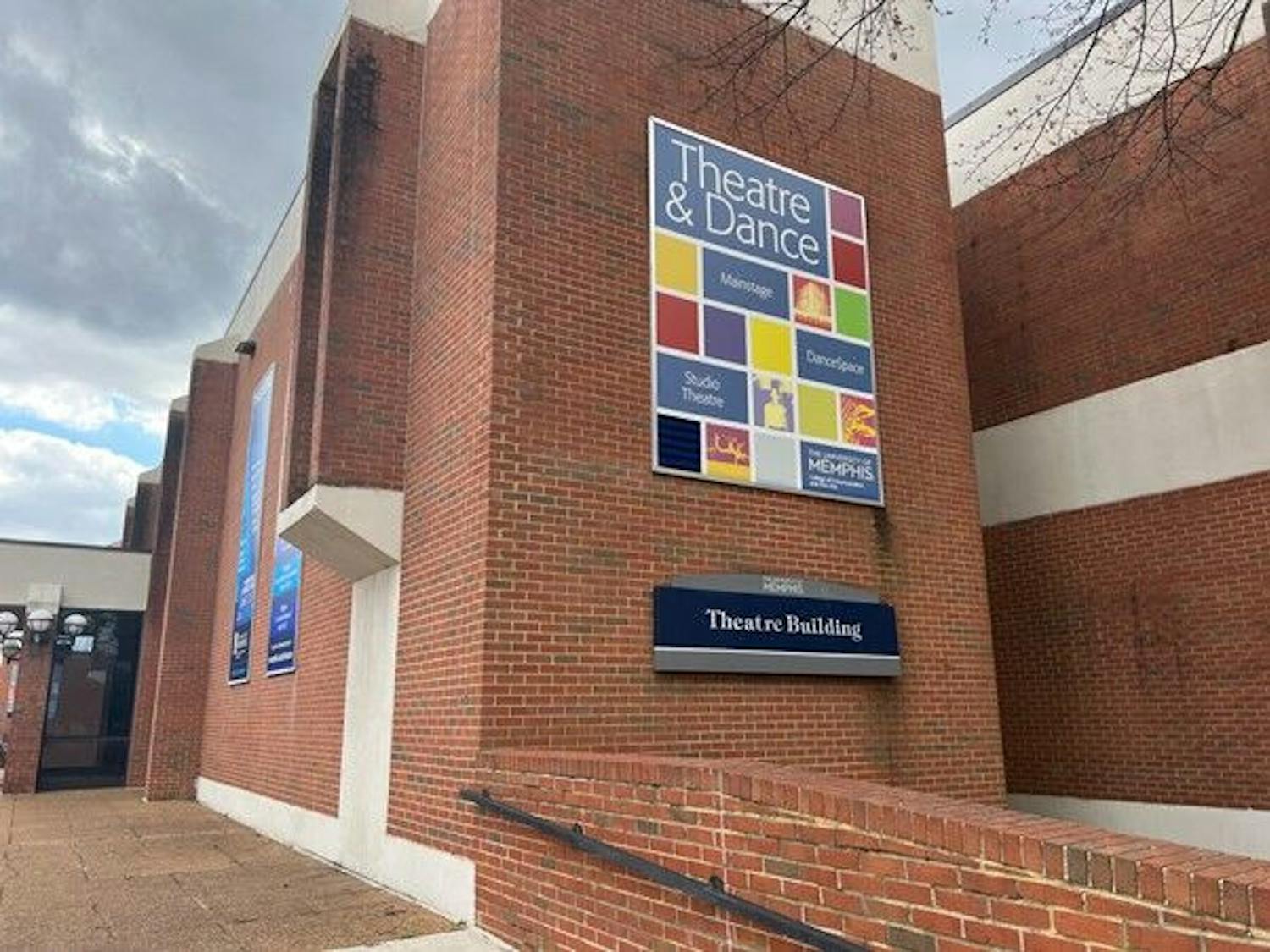The University of Memphis will hold a surviving a mass shooting seminar today at the Rose Theatre from 12:30 to 2 p.m.
This is the seventh meeting the university will hold to discuss gun violence since the beginning of the year — indicating a major pivot in the way U of M officials are thinking about safety on campus.
The spike of mass shootings that occurred across the United States in 2015 caused many to take a serious look at student and faculty involvement for the active shooter preparedness.
According to the data from the Mass Shooting Tracker, there were 372 mass shootings in the U.S. in 2015, killing 475 and wounding 1,870.
Fifty-two schools shootings happened in 2015, with 23 being on a college campus, according to a group that advocates for gun reform.
Two of those Universities, Delta State and Mississippi state, were close to the U of M. Both had active shooters on their campuses.
“It was really scary,” Alicia Anderson, a Mississippi State University senior, said. “The entire school was on lockdown, I could not leave my dorm, and we did not know what was going on only that there was a shooter on campus.”
U of M Campus Police Services unveiled a plan a Jan. 13 to replace nearly all door locks on campus with dead bolts that can be locked from the inside without a key, a project that could cost up to $400,000 when you include replacing doors and door frames that can’t support the locks.
This could greatly deter a shooter from entering a class room and possibly reduce casualties in these events.
“I think it is important to know what to do if there is a school shooting,” Trey Johnson, a Biology major, said. “We need to spend money on stopping shooters and guns from getting on campus instead of a fence around the railroad.”
The seminar will include an update by the FBI on national incidents involving mass violence, what an “active shooter” event means and what to expect from first responders, explanation and demonstration of the Department of Homeland Security’s “Run-Hide-Fight” protocol, U of M preparedness efforts and crisis management planning, emergency response resources, classroom and auditorium security enhancements.





